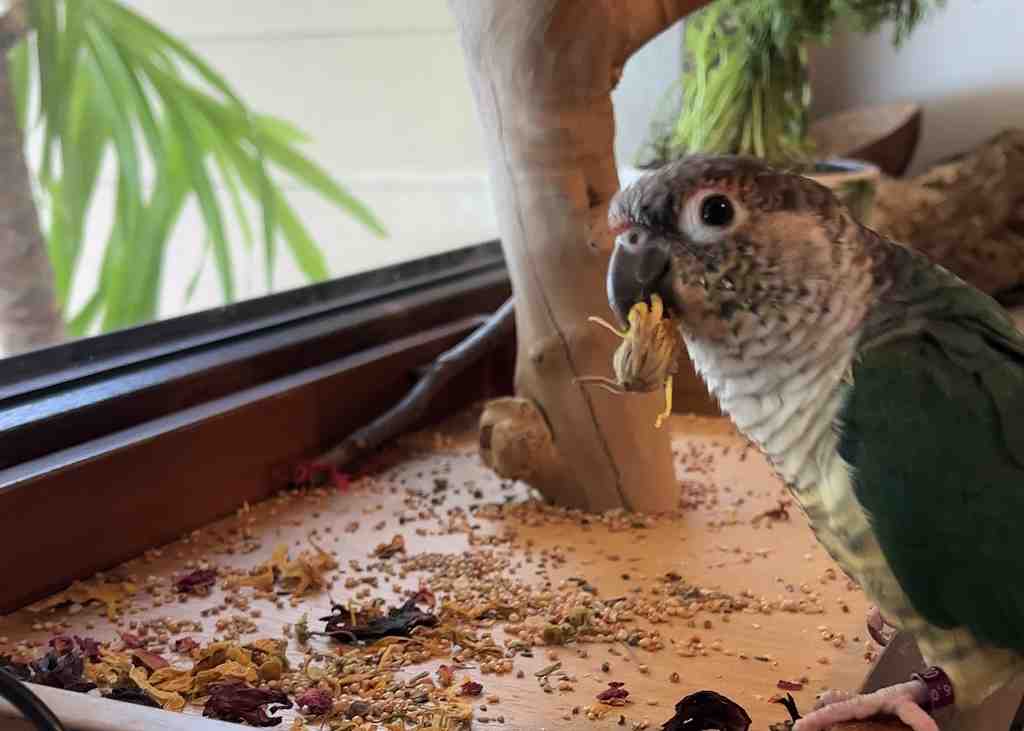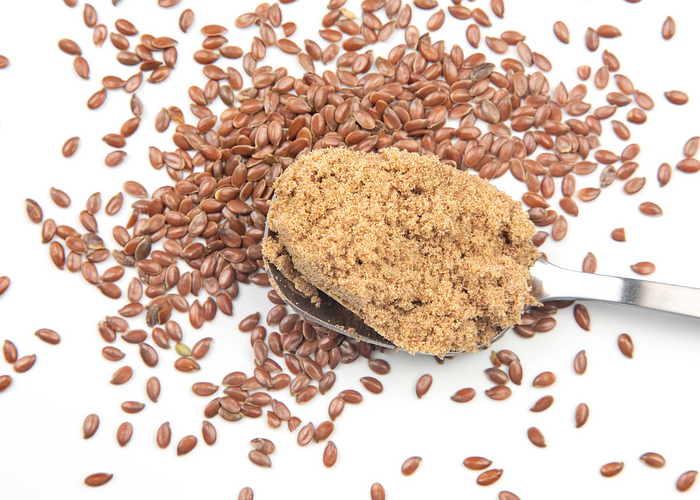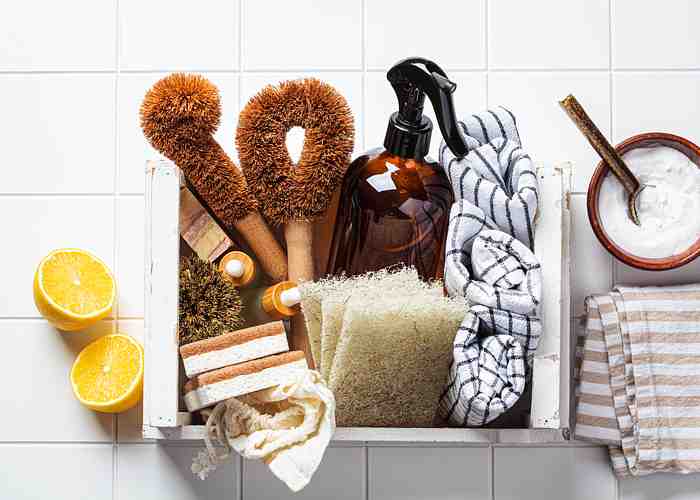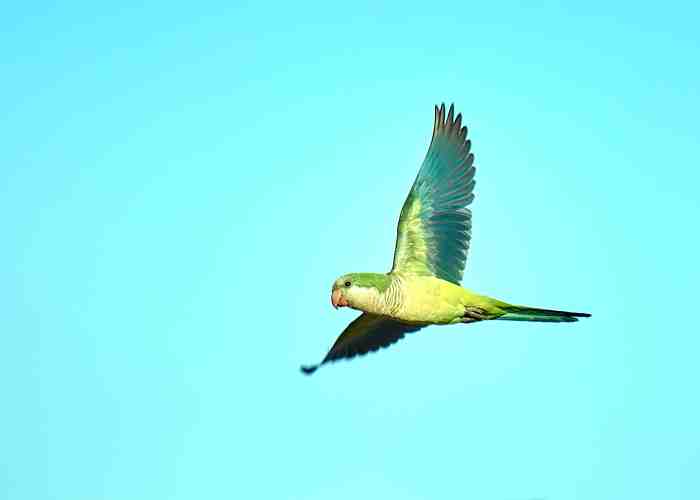Safe Edible Flowers for Parrots
Safe Edible Flowers for Parrots
Parrots need a varied and nutritious diet. While they primarily consume vegetables, legumes/grains, pellets, seeds, and fruits, adding a touch of vibrant edible flowers to their menu can stimulate their senses and provide valuable health benefits! However, ensuring the safety of the flowers you offer your bird is crucial, as harmful chemicals can pose significant risks to their well-being!
Parrots can safely consume a variety of flowers, but it's essential to ensure that the flowers you offer them are free from pesticides, herbicides, or any chemicals that could be harmful to these birds.
Much like the ingredients found in tea, flowers possess properties that can provide relief for a wide spectrum of issues, from skin rashes to nausea and virtually everything in between. Various parts of flowers are incorporated into numerous herbal tea blends - avian teas, yes, they exist - just never offer your bird a hot tea! It should ALWAYS BE COOLED!
Numerous flowers should never be ingested. Some of them harbour natural pest deterrents like cyanide or strychnine. Others are irritants, and a few can even induce symptoms that may prove fatal.
Much like the ingredients found in tea, flowers possess properties that can provide relief for a wide spectrum of issues, from skin rashes to nausea and virtually everything in between. Various parts of flowers are incorporated into numerous herbal tea blends - avian teas, yes, they exist - just never offer your bird a hot tea! It should ALWAYS BE COOLED!
Numerous flowers should never be ingested. Some of them harbour natural pest deterrents like cyanide or strychnine. Others are irritants, and a few can even induce symptoms that may prove fatal.
Safe Flowers for Parrots:
- African Violets: Rich in vitamins A and C, calcium, and phosphorus, African violets are a nutritious choice for your parrots.
- Asters: Good source of vitamins A and C, as well as calcium and phosphorus.
- Bottlebrush
- Chamomile: Known for its soothing properties, chamomile flowers are safe and can comfort your feathered companions. This flower also has antibacterial properties. Feed in moderation.*
- Calendula: These bright flowers are safe and carry potential health benefits for your parrots.
- Chrysanthemums: While they are a good source of antioxidants, offer chrysanthemums in moderation, as excessive consumption can lead to digestive upset.*
- Carnations: Ensure you avoid dyed varieties! Good source of vitamins A and C, as well as calcium and iron.
- Dandelions: The leaves and flowers of dandelions are safe and offer a nutritious punch of vitamins and minerals. Feed flowers in moderation.*
- Daisies: Generally safe, daisies are a charming choice as long as they are chemical-free.* Vitamins A, C, and E.
- Gardenias: These flowers are a great source of vitamin C, which is essential for parrots. They also contain antioxidants.
- Gladiolus
- Hibiscus: These beautiful flowers are safe and rich in antioxidants and vitamin C. It seems to be a parrot favourite!
- Honeysuckle
- Impatiens: Feed in moderation.*
- Lavender: Lavender flowers are generally safe, reported by different sources and might even have a calming effect on your parrots. In moderation.*
- Linden flowers: These flowers offer numerous health advantages, such as their anti-inflammatory properties and their ability to assist in digestion. Linden flowers are even believed to possess mild pain-relieving qualities. However, it's essential to emphasize that they should never replace seeking veterinary care if your bird has suffered an injury.
- Lilac
- Marigolds: These sunny flowers have anti-inflammatory properties and are a good source of vitamins A, C and antioxidants.
- Magnolias
- Nasturtiums: Parrots might savour the peppery flavour of nasturtium flowers and leaves.
- Pansies: Available in an array of vibrant colours, pansies are both safe and visually appealing to parrots.
- Passion flowers: Feed in moderation.*
- Petunias: Feed in moderation.*
- Roses: Generally safe, roses can be a delightful treat for your parrots. Just ensure they haven't been treated with pesticides. It contains vitamins A, C and E, a boost for the immune system!
- Sunflowers: Parrots can enjoy sunflower petals and seeds in moderation. They provide healthy fats, minerals and essential vitamins. Sunflowers also offer a good bit of protein.
- Violets: Violets, in particular, are a great source of antioxidants, aiding in toxin removal and improving blood flow. They also provide vitamin C but feed in moderation.*

Feeding Edible Flowers Safely to Parrots
While these flowers are generally safe for parrots, it's crucial to introduce them gradually and in small quantities to ensure your parrot tolerates them well. Follow these steps to ensure their safety:
- Source Flowers Carefully: The most reliable source of safe flowers in your garden, where you can control pesticide use. Alternatively, purchase flowers from stores marketed explicitly as "edible flowers." You can also purchase dried flowers; there are plenty of brands that source good quality, safe flowers for parrots, including Vita-Pol and Polly's Parrot Boutique.
- Wash Thoroughly: Always wash the flowers thoroughly to remove any residue or contaminants.
- Observe Reactions: Not all parrots have the same preferences. Observe your bird's reactions and choices when introducing new foods.
- Consult Experts: If you need clarification on a particular flower, consult an avian veterinarian or a knowledgeable bird expert.
Introducing these colourful and nutritious flowers into your parrot's diet can enhance their well-being while treating them to a sensory delight! Just remember, a little floral variety can go a long way in keeping your parrot happy and healthy, but remember to switch it up regularly!
Certain flowers are unequivocally unsafe for parrots and should be kept far away from them. These include:
- Amaryllis: While they may be visually striking, amaryllis flowers can cause parrots to experience excessive salivation, stomach problems, and loss of appetite upon ingestion.
- Daffodils: Despite their cheerful appearance, daffodils can lead to vomiting, diarrhea, and even seizures in parrots if consumed.
- Holly, Ivy, Poinsettias, and Mistletoe: These festive favourites may bring holiday joy to humans, but for parrots, they spell trouble. Ingestion can result in gastric distress, and in the case of holly berries, it can be fatal.
- Lilies: This includes the popular peace lily. All lilies can irritate a parrot's mouth, causing excessive drooling and vomiting.
- Philodendron: The leaves of the philodendron plant can be fatal if consumed by parrots.
- Shamrock: There's nothing lucky about shamrocks for parrots. Ingesting them can lead to muscle problems.
Additionally, several other common flowers should also be avoided due to their toxic properties, including irises, rhododendrons, and azaleas. It's imperative to keep these harmful flowers out of reach to ensure the well-being of your feathered friends.
Before feeding anything new to your bird, always check more than one source and consult your avian vet.




